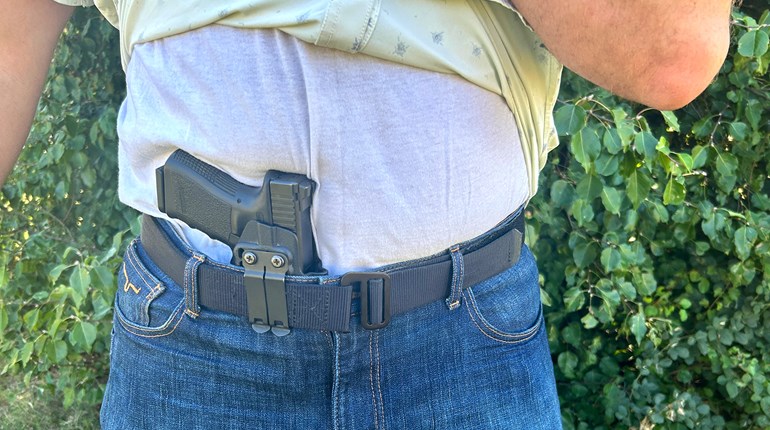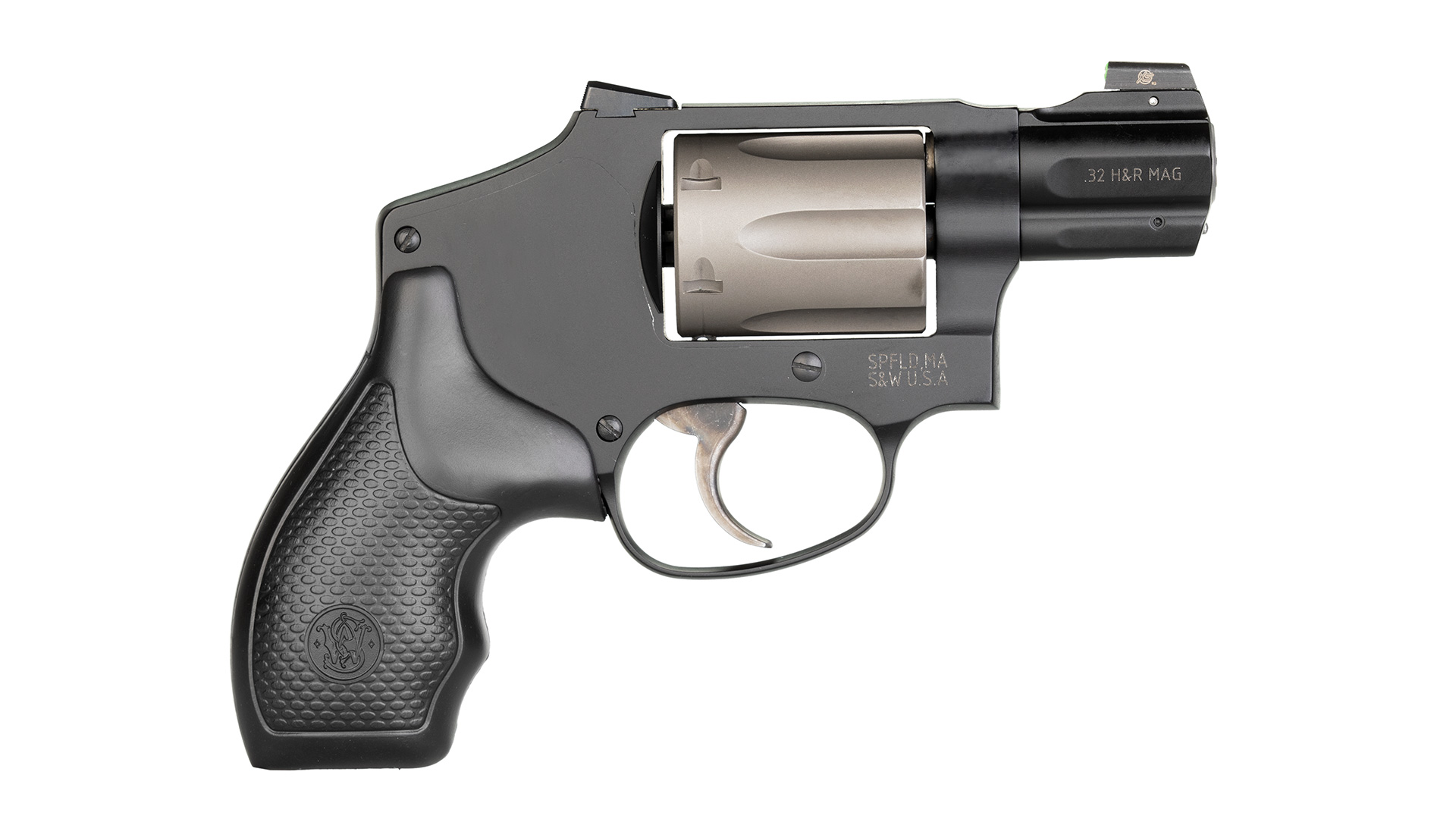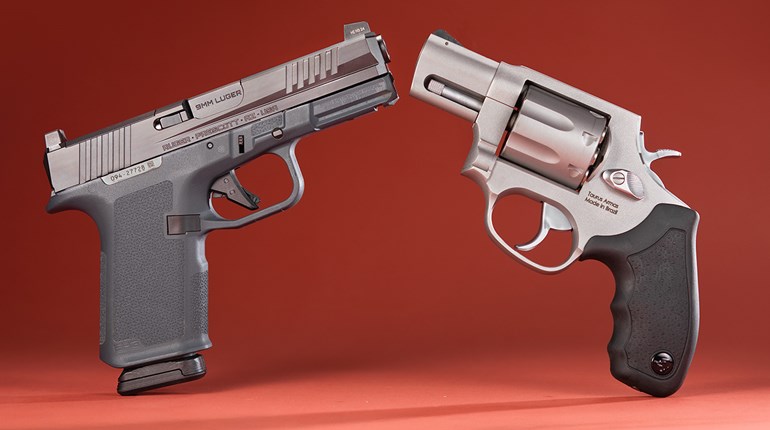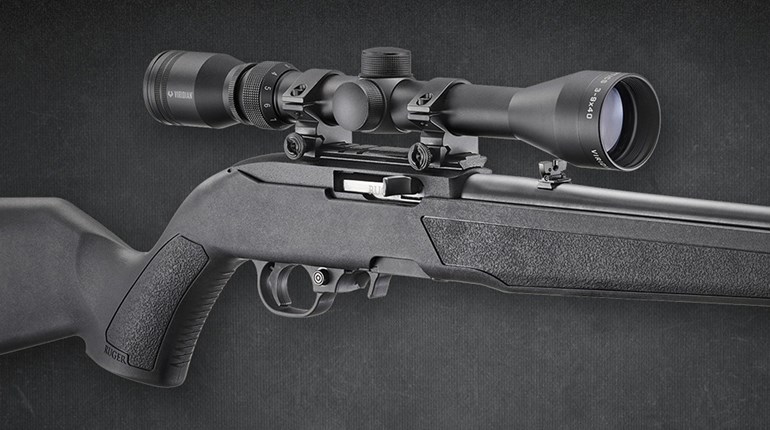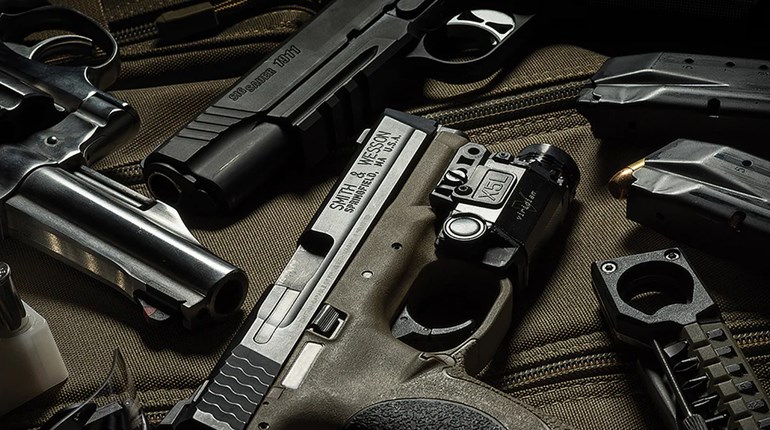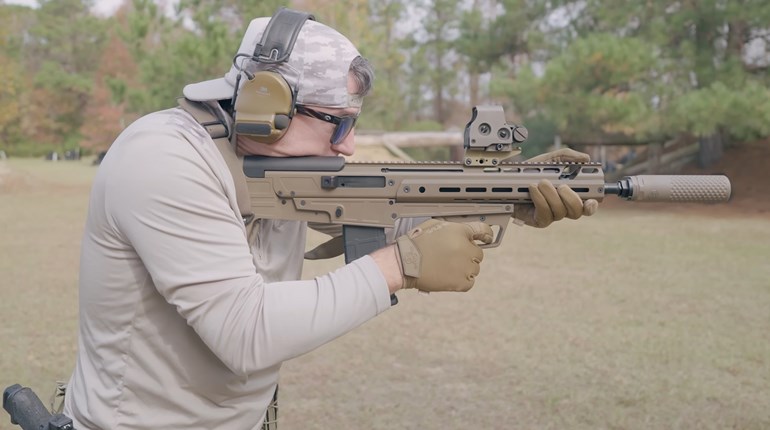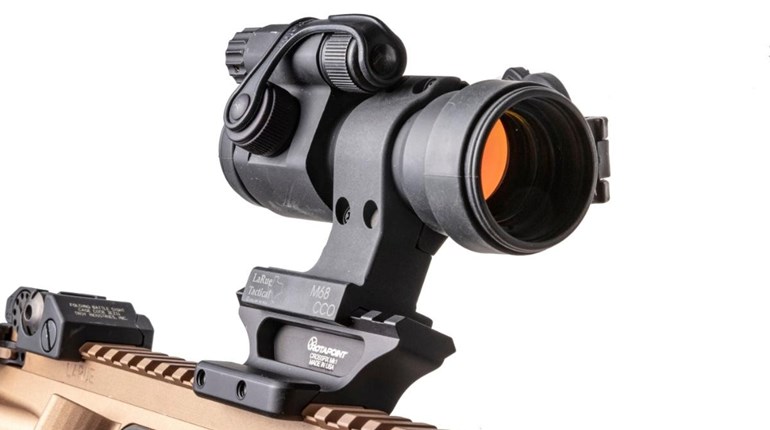
Last month, I asked the question, “What does mindset actually mean?”. I asked a few people that specialize in this field what their thoughts were and then I gave you a mindset scenario to think about. This month we are going to hear from 3 more industry leaders and finish up with what my goal is for you, the reader.
Annette Evans of On Her Own.
“Mindset” is the kind of word thrown around by some self-defense instructors as a panacea, a magical incantation to spirit potential victims out of danger. Unfortunately, it often falls into the trap of into ignoring or downplaying the skills and tools that are part of traditional self-defense training. If you have the right mindset, they say, you’ll be able to spot anything bad that might happen to you, and you’ll have all that you need to fight your way free of an attack if one finds you anyway. It’s true that you must be aware that danger exists and should pay attention to what’s going on around you, but we are human and can’t spot everything all the time. Even if we could, we need knowledge and skills to understand what we’re seeing, why it might matter, and what we should do about it. It’s true that the determination to survive an attack is an often-necessary ingredient for success and that can alone be sufficient, but having guns and pepper spray and other weapons as well as the ability to use them and our bare hands well can tilt the odds in our favor so that we are less likely to be seriously injured or hurt somebody else in our quest to stay alive. Mindset isn’t a bad word all by itself, but it can be when it’s presented only by itself instead of being paired with the hard skills that make for successful self-defense.
John Hearne, Two Pillars Training and Rangemaster Staff Instructor.
For me, the mindset is a simple word to describe a very complex state of mind. Reduced to its essence, proper mindset is the possession of a mental representation, AKA a mental map, that accurately reflects one’s daily reality. The research from a variety of fields, whether it’s a professional sports team or a surgeon, tells us that those with the best mental maps consistently perform the best. A proper self-defense mindset starts with the acceptance that there is evil in the world. If you don’t or can’t accept that there is evil in the world, then the mental preparation, tool carrying, and skill acquisition are just motions gone through to feel better or “safer.” If you have accepted the world as it is, then all our accepted best practices logically follow. For instance, if your mental map is accurate, you know that injury is always a possibility, and it naturally flows that you’ll have the knowledge and tools to deal with it. Part of a valid mental map includes a risk profile that changes from day to day, or even hour by hour. This realistic assessment of your greatest threats drives everything from the tools you carry to the choice to even carry a gun at a particular location. In a nutshell mindset is the acceptance of the world as it is, not how we would like it to be, and then doing what is necessary to prepare.
Steph Weidner of Active Self Protection.
At Active Self Protection, we've defined a general mindset to be "focused attention that is guided by values that determines how we interpret, live in, and respond to the world around us." You can apply that same process to determine your defensive mindset - consider how you filter the world you see around you through your personal values and judgments. Active Self Protection considers a defensive mindset to be one that "values human life, personal safety, and personal agency to set and maintain healthy boundaries for physical, relational, emotional, and personal protection." It's more than industry buzzwords. It's taking time to consider how you see the world around you, what you value, and how that will inform your choices and decisions. These considerations will determine your mindset and your mindset will determine everything from your gear choices to the training you take to how you respond during a defensive encounter. It's foundational and worth taking some time to explore.
Wow, Annette, John, and Steph hit it out of the park! Thank you all very much for the time and energy you put into this.
Now let’s get to the why I have chosen these people to define the word mindset. Have you ever hung out with a group of musicians, mechanics, or first responders? These are just a few examples of groups of people that have their own “language”. They communicate with their peers using words that we might not fully understand. They don’t mean to ostracize others; they are just using words that are commonplace in their line of work. This is how I feel about the word mindset. I think that we are so familiar with it that we can forget to give the definition and bring it to life, so our students grasp the full meaning of the word.
It is my hope that this article is the beginning of changing that. Between Part 1 and Part 2, there are 6 definitions of the word mindset. I have no doubt that at least one of these definitions will resonate with you so you will not only be able to understand its meaning, but implement a healthy mindset into your daily life.














